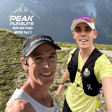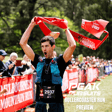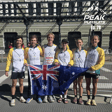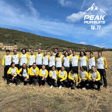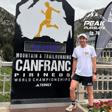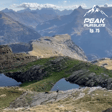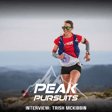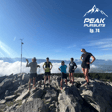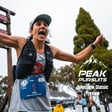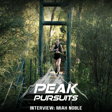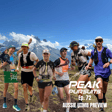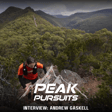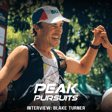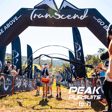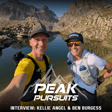
Ben Duffus Post-Race Interview: 2025 UTA 22km
We’re joined by the UTA 22km 2nd place Ben Duffus to unpack his race from start to finish.
Hear how it played out, what shaped their performance, and where they’re headed next. Enjoy a front-row seat and an inspiring look into one of this year’s standout head-to-heads.
***Don’t forget, use code PPP at Bix’s website for 20% off Bix products, exclusive to PPP listeners!***
Thanks for tuning in to Peak Pursuits! Connect with us on Instagram @peakpursuits.pod to share your thoughts, questions, and trail stories. Until next time, keep hitting the trails and chasing those peak pursuits!
Follow James: Instagram | Strava
Follow Ben Dufus: Instagram | Strava
Music from #Uppbeat (free for Creators!):https://uppbeat.io/t/mood-maze/trendsetter
License code: K08PMQ3RATCE215R
